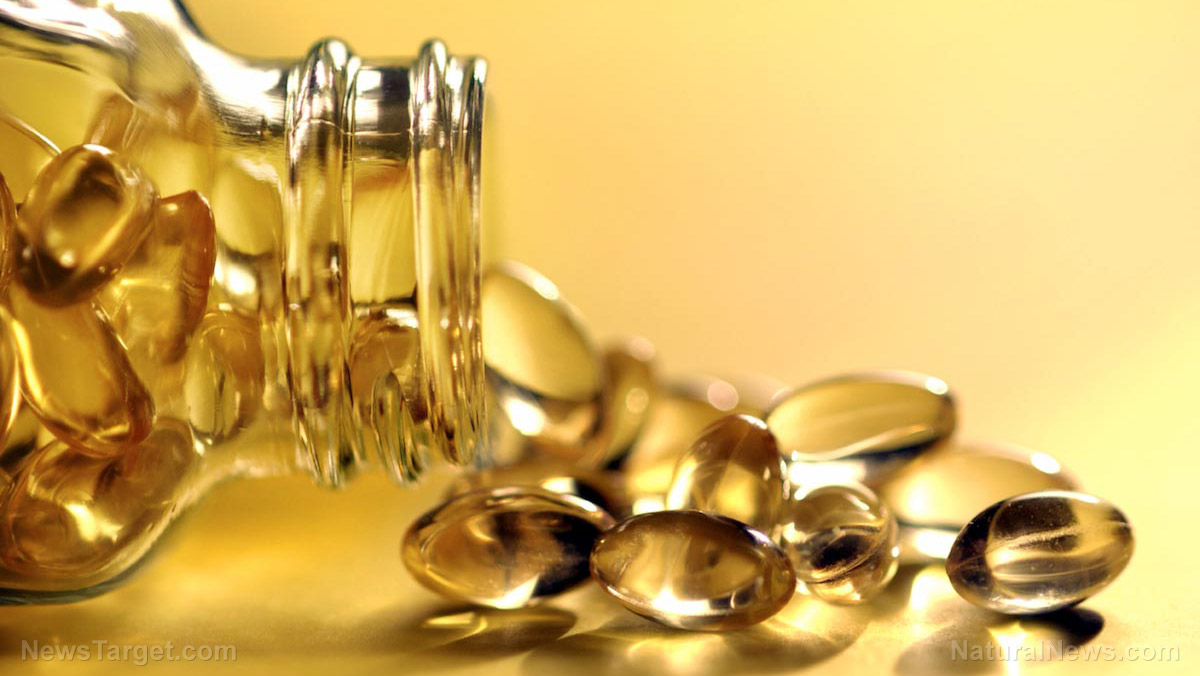Catechins in green tea found to improve symptoms of metabolic syndrome in obese people
02/27/2019 / By Ellaine Castillo

Japanese scientists have found more reasons for people to enjoy their daily cup of tea. Their study, which was published in the journal Nutrition Research, showed that catechins found in green tea can improve metabolic syndrome and reduce abdominal fat in obese and overweight individuals.
More than 34 percent of adults in the U.S. suffer from metabolic syndrome. Those who have been diagnosed with this health problem experience at least two of the following conditions: abnormal lipid metabolism, abnormal glucose metabolism, and high blood pressure. Having only one of these conditions means that a person has pre-metabolic syndrome.
There are many factors that could contribute to the development of metabolic syndrome. These include age, race, and fat accumulation in the abdomen, especially around the organs. It is important to diagnose metabolic syndrome early on so that the necessary interventions could be taken against it. Otherwise, it could lead to the development of cardiovascular disease and diabetes.
Green tea is widely consumed not just for its taste but also for its many health benefits. These can be attributed to the different components found in green tea, such as the polyphenols known as catechins. These compounds have been shown to be effective against oxidative stress, diabetes, and atherosclerosis. Studies have also shown that green tea catechins can reduce weight and abdominal fat. However, the effects of catechin intake on metabolic syndrome remained unclear.
In this study, the researchers wanted to determine if catechins were beneficial for reducing abdominal fat and improving metabolic syndrome. To achieve this, they conducted a post-hoc analysis of data pooled from six human trials involving obese and overweight individuals. A total of 921 participants were included in this study.
The results of the study showed that participants who drank beverages containing 540 to 588 mg of green tea catechins experienced significant improvements in metabolism-related parameters. These include abdominal fat accumulation, body weight, body mass index, and waist circumference. The researchers also found that catechin intake improves symptoms associated with metabolic syndrome. Approximately 30 percent of those who had low catechin intake exhibited changes in metabolic syndrome status. Meanwhile, 41.5 percent of the participants with high catechin intake showed improvements.
Overall, these results suggest that green tea can be used as an intervention for metabolic syndrome and its associated complications. This is possible because of the high amounts of catechins that it contains.
More reasons to drink green tea
Green tea offers a wide range of health benefits. This is why it is widely used in traditional Chinese and Indian medicine. Some examples of its health benefits include the following:
- Reduced cancer risk — Polyphenols found in green tea have protective effects against cancer. This is why countries with high green tea intake tend to have lower cancer rates. Studies have shown that green tea can kill cancer cells. However, the mechanism through which this occurs is yet to be discovered.
- Better heart health — A study in the Journal of the American Medical Association showed that green tea reduces mortality risk associated with heart disease. This is because of the catechins and other polyphenolic compounds which have cardioprotective effects. In addition to this, green tea can also reduce total cholesterol and bad cholesterol, which contribute to heart disease.
- Improved cognitive function — Green tea can boost cognitive functions, especially working memory. It also has potential use in the prevention and treatment of dementia, Alzheimer’s and other neuropsychiatric disorders. (Related: Green tea helps maintain functional ability and prevent cognitive decline as we age.)
If you’d like to read more news articles on the health benefits of green tea, visit NaturalHealth.news.
Sources include:
Tagged Under: abdominal fat, alternative medicine, catechins, Green tea, metabolic syndrome, natural cures, natural medicine, obese, obesity, plantmedicine, prevention




















